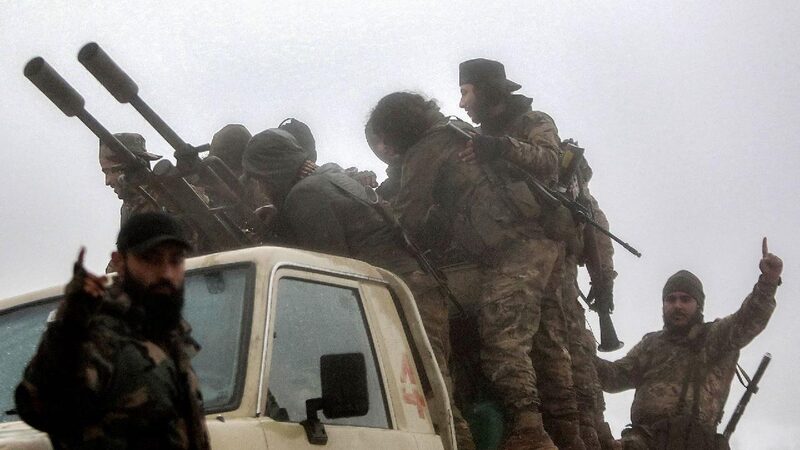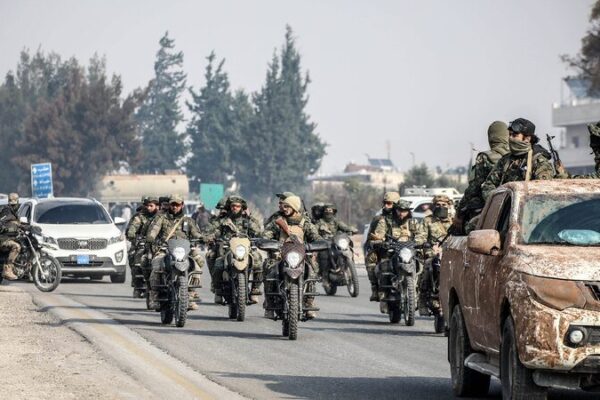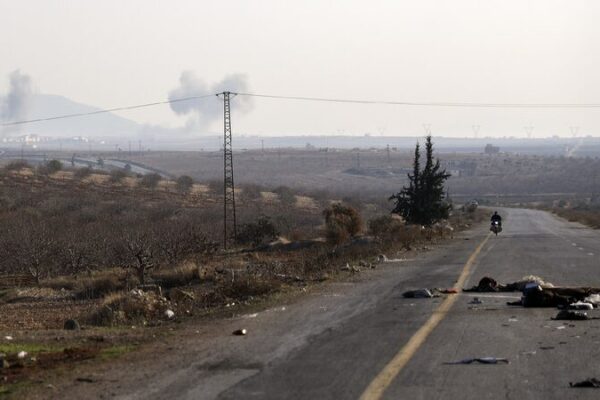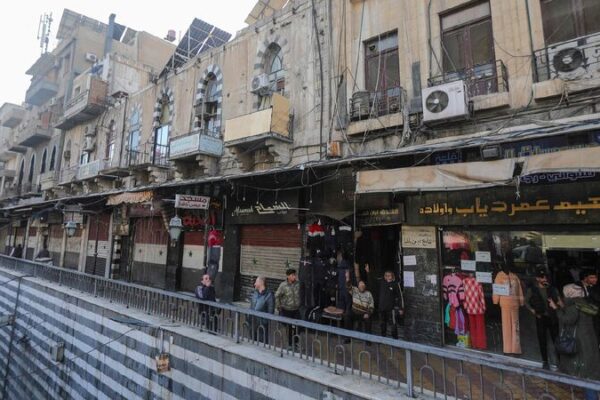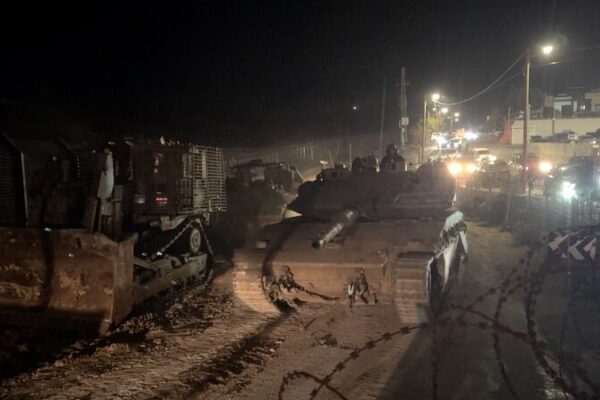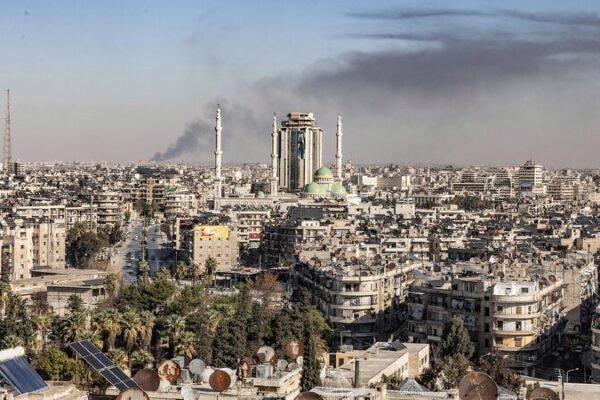Shia communities in Syria are reportedly relocating to Lebanon after intense border clashes between Lebanese forces and the new Syrian army have escalated in recent days.
According to the Syrian Observatory for Human Rights, drones and heavy weapons have been used in the recent confrontations, resulting in several deaths and injuries. Both troops and civilians on either side have allegedly been kidnapped and exchanged in prisoner swaps.
The clashes erupted in the Qusayr region of Syria’s western Homs governorate. Syrian forces under the control of the Islamist group Hayat Tahrir al-Sham (HTS), which took power after ousting former President Bashar al-Assad in December, have launched an offensive in the predominantly Lebanese border town of Hawik.
In a statement on X (formerly Twitter), a Shia clan announced its withdrawal into Lebanese territory “to avoid any friction,” adding that “that did not help us, as our towns inside Lebanon were attacked.”
Lebanon’s army has reinforced its presence in the northeastern region of the country, stating it is responding to “shelling and gunfire launched from Syrian territory.”
Syria’s interim government, set to assume full control of the country on March 1, confirmed that an “extensive campaign” is underway but denied deliberately targeting Lebanon. The Syrian Ministry of Defense claims it is aiming to suppress militia groups, backed by Lebanon’s Hezbollah, accused of cross-border drug and arms smuggling. Raids in Hawik have led to multiple arrests and the seizure of contraband goods.
Last week, Lebanese President Joseph Aoun agreed in a phone call with his Syrian counterpart Ahmed al-Sharaa to “coordinate efforts to control the situation and prevent attacks on civilians.” Tensions remain high in the border region, where Shia tribes loyal to Lebanon are present on both sides.
Lieutenant Colonel Moayed al-Salama of the Syrian Army stated that “a comprehensive plan to fully control the borders” is underway. Nadim Madkhana, head of border security for Lebanon’s Homs province, indicated that security operations focused on “regaining control are nearly finished.”
Since the collapse of the Assad regime, tensions between Syria and Lebanon have been rising, with clashes occurring at several points along the mountainous border in the northern Hermel region.
After coming to power, the interim HTS-backed government swiftly moved to restrict the movement of Lebanese citizens into Syria, blocking access for all except those with residency permits, Syrian spouses, or special permission to travel. Some of these restrictions have since been eased.
Reference(s):
cgtn.com
